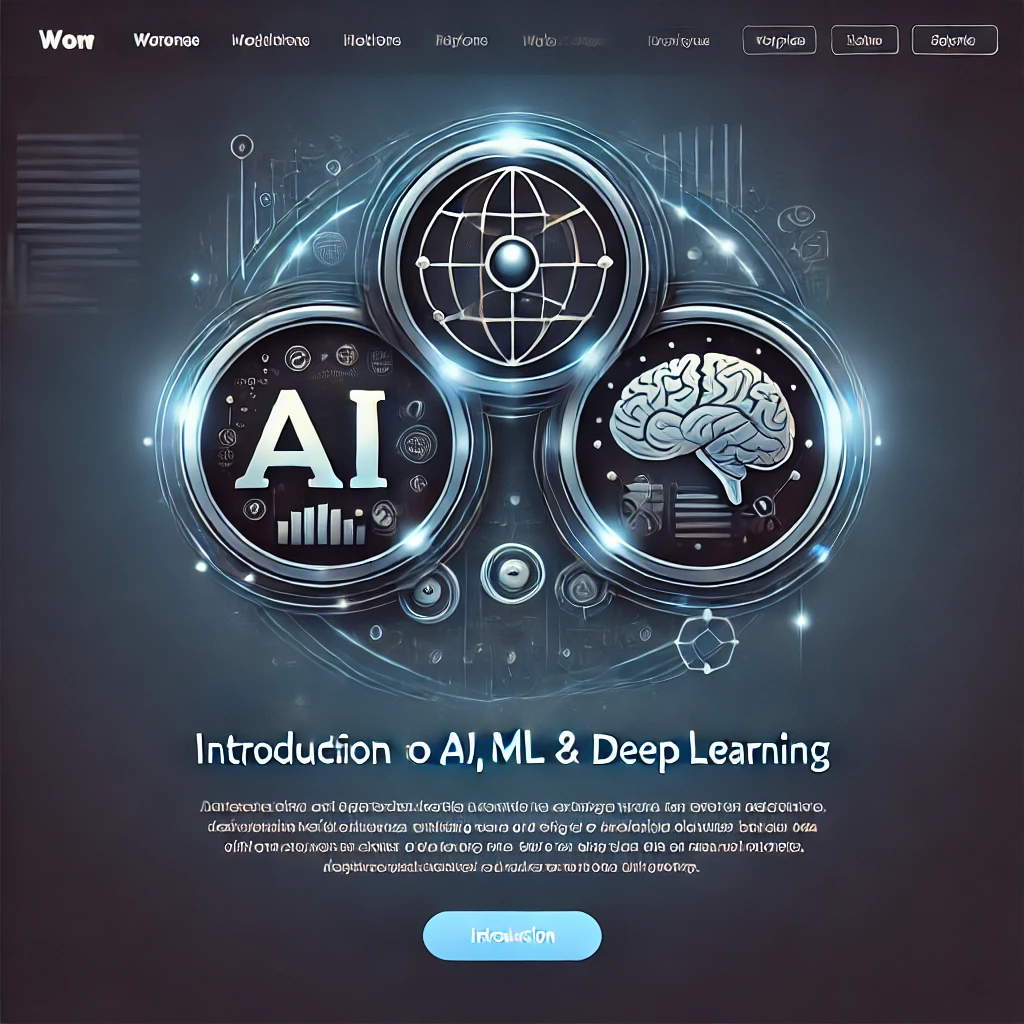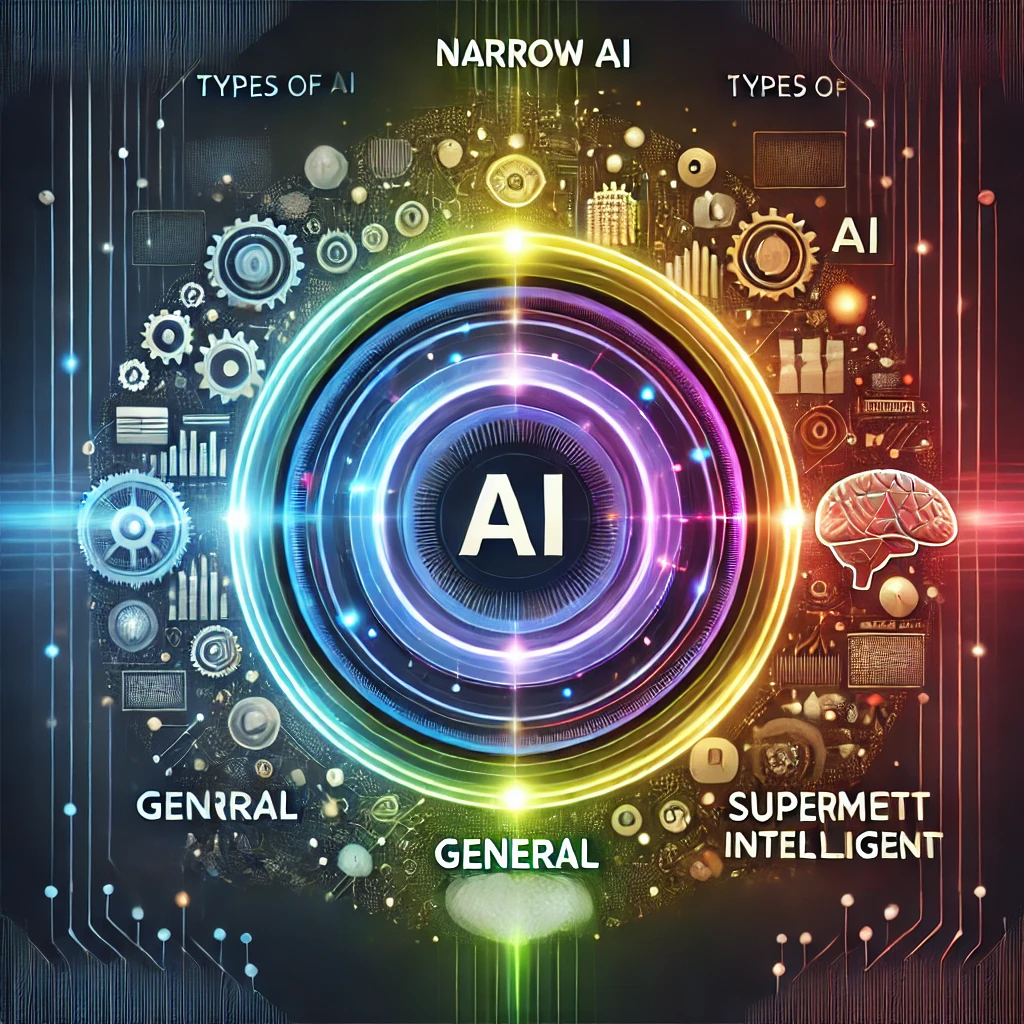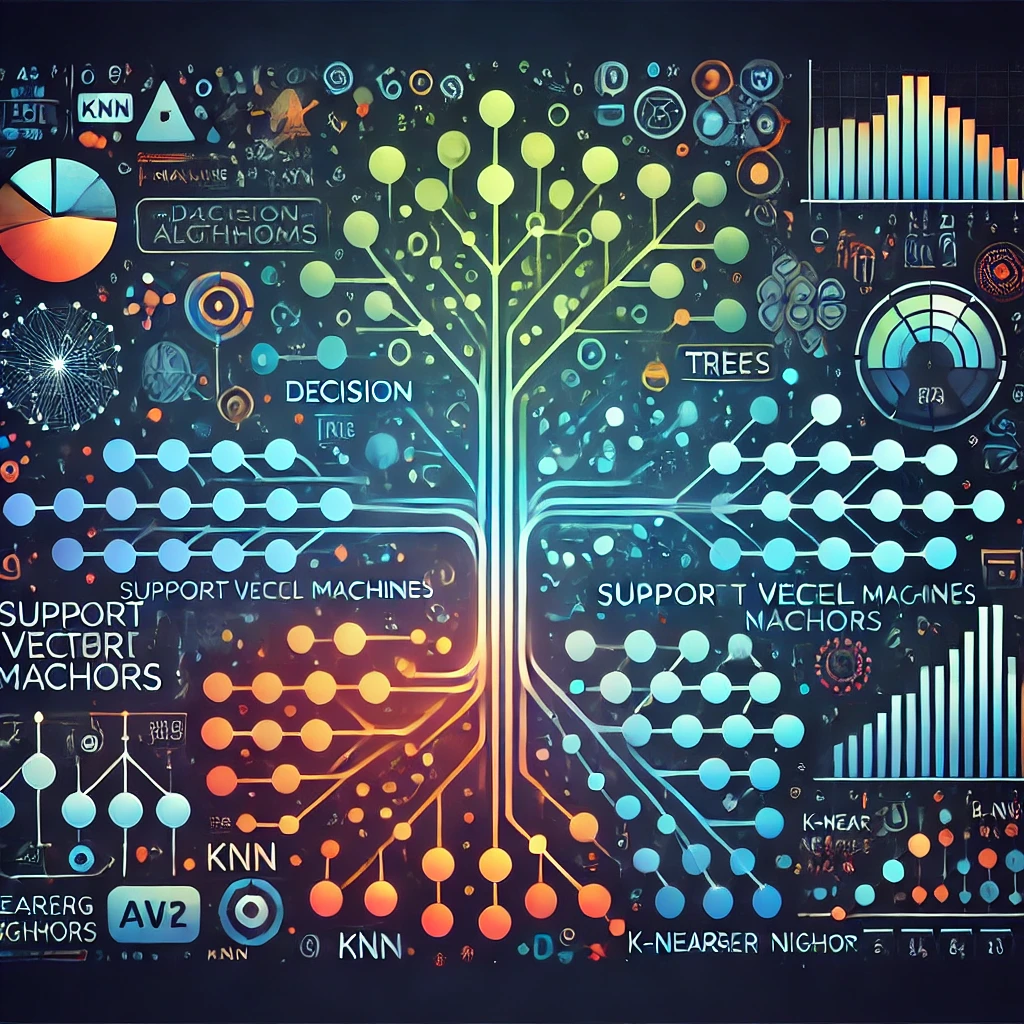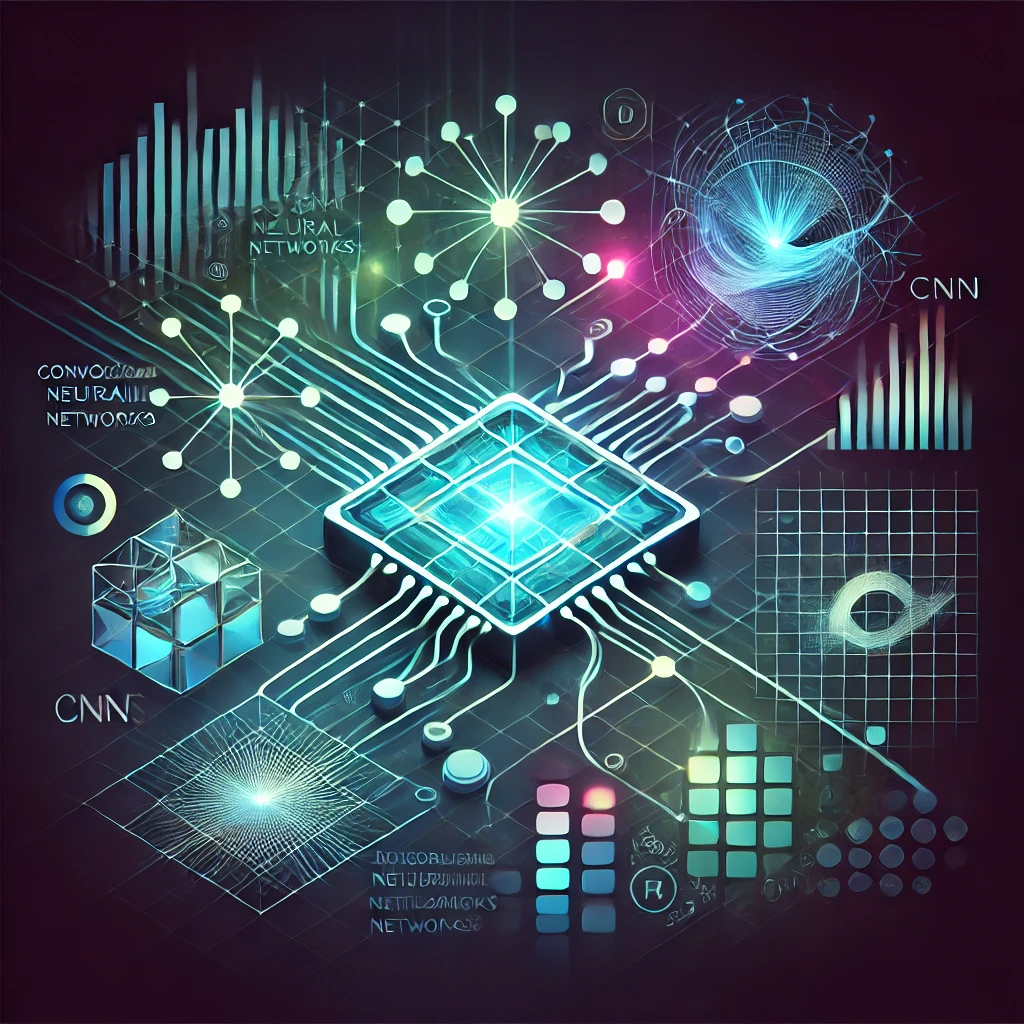The Future of Jobs and AI: How AI Might Impact Employment and the Nature of Work
The rapid advancement of artificial intelligence (AI) is transforming various sectors, and one of the most significant areas affected is the job market. From automating mundane tasks to enhancing decision-making processes, AI is reshaping the way we work. In this blog post, we’ll explore the future of jobs in the era of AI, the challenges and opportunities it presents, and how workers can prepare for this transition.
Understanding AI and Its Capabilities
To grasp the impact of AI on employment, it’s essential first to understand what AI is capable of achieving. AI encompasses a range of technologies that enable machines to perform tasks that typically require human intelligence. These tasks include:
- Natural Language Processing: AI can understand and generate human language.
- Machine Learning: AI systems can learn from data and improve over time.
- Computer Vision: AI can interpret and process visual information.
- Robotics: AI-powered robots can perform physical tasks in various environments.
The Impact of AI on Employment
AI’s influence on jobs can be summarized in various ways, including job displacement, creation of new roles, and the transformation of existing jobs. Below are the key areas where AI is making its mark:
1. Job Displacement
One of the most frequently discussed consequences of AI implementation is job displacement. Automation powered by AI could replace repetitive tasks performed by humans, especially in sectors such as:
- Manufacturing
- Customer service
- Transportation
For instance, self-driving technology could disrupt the driving profession, while chatbots might replace human customer service representatives.
2. Creation of New Roles
While some jobs may become obsolete, new positions will arise due to the advancements in AI. These roles might include:
- AI Ethics Compliance Officer
- Data Analyst
- AI Maintenance Technician
As companies adopt AI technologies, they’ll need professionals who can manage, maintain, and ethically oversee these systems.
3. Transformation of Existing Jobs
Many jobs will experience changes in their essential functions. For example:
- Marketing professionals may use AI analytics for better-targeted campaigns.
- Healthcare providers can leverage AI for diagnostics and treatment suggestions.
This integration allows workers to focus on higher-level tasks that require human intuition and creativity.
The Skills of the Future
In a world increasingly influenced by AI, acquiring new skills will be crucial for the workforce. Here’s how individuals can prepare:
1. Emphasis on Soft Skills
While AI is proficient in performing technical tasks, it lacks emotional intelligence and creativity. Skills such as:
- Critical thinking
- Communication
- Emotional intelligence
will remain essential in improving job security as these traits are uniquely human.
2. Technical Skills Acquisition
On the technical side, familiarity with AI technologies will be a significant asset. Learning skills such as:
- Data analysis
- Programming
- Machine learning principles
can enhance employability in a rapidly changing job market.
Preparing for the Future of Work
Adapting to the changing landscape requires both individuals and organizations to take proactive steps:
1. Lifelong Learning
Continuously updating skills and knowledge is vital. Opportunities exist through:
- Online courses
- Workshops
- Industry conferences
Investing in education will help individuals remain competitive.
2. Reskilling and Upskilling Initiatives
Organizations should implement programs to reskill and upskill their employees. This strategy helps retain talent and ensures the workforce is equipped for the future.
3. Embracing AI Collaboration
Rather than fear AI, businesses should explore how to collaborate with it. Combining human intelligence with AI’s capabilities can lead to enhanced productivity and innovation.
Conclusion
As we look ahead, the relationship between AI and employment is multifaceted. While some jobs may be at risk of automation, new roles and opportunities will emerge, necessitating a workforce that is adaptable and eager to learn. By focusing on both soft and technical skills, businesses and individuals alike can position themselves to thrive in a future where AI is an integral part of the workforce.




